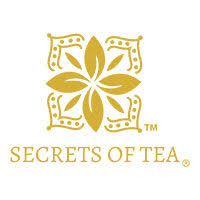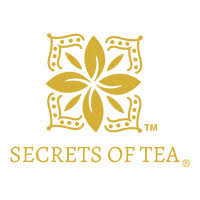Common Issues Faced During Breastfeeding
Issues arising with breastfeeding are not uncommon. A study showed that 70% of mothers face some form of difficulty from breastfeeding. Some of the more common issues such as breast engorgement or sore nipples can be treated easily compared to some of the other issues. Here are a few of the lactation issues mothers face and how they can be treated.
Sore or Cracked Nipples
The main cause for this is due to the baby not being positioned right and therefore the attachment has been obstructed. Cracked nipples may also allow the candida fungus that causes thrush, to enter causing infections therefore treating it beforehand would be advised.
Breast Engorgement
This occurs when your breasts are too full of milk which can be painful. This usually happens during the early period of breastfeeding as it takes time to get familiar with your baby’s requirements. This may also happen when the baby starts consuming solid foods which leads to them not feeding as frequently as they would.
Infection (Mastitis)
Commonly referred to as mastitis, it is witnessed in usually one of the breasts. This leads to nausea, vomiting and flu-like symptoms. Mastitis usually occurs when a blocked milk duct has not been attended to. It is best to continue breastfeeding when it has just been identified.
Blocked Ducts
This may be confused and recognized as an infection, although the cause is when a milk duct is not drained properly leading to the inflammation of the surrounding tissue. A long period of breast engorgement would also be a reason for blocked milk ducts where a small lump would be felt in the breast.
Not Enough Milk Produced
A very common issue among mothers is the lack of the production of milk. Breast milk is often advised to be mandatory for a period of 6 months, hence this would also require treatment.
Any one of the above issues may lead the mother to face a series of symptoms, the main one being; the lack of supply of milk followed by pain and breast engorgement.
Treatment and Solutions
- With regard to crack or sore nipples, a lactation consultant would be of assistance as they can suggest new positions for breastfeeding and will educate mothers with techniques that would work more effectively for the baby. Neglecting this may lead to worsening the discomfort and pain.
- Massaging and heat may act as a pain reliever and help treat blocked ducts and mastitis.
- Prescription medication: Non-aspirin medications are often prescribed by doctors for the pain and antibiotics may be prescribed for mastitis.
Although, it is advised that research is done into the medications taken and full disclosure is given to the mother with regard to how it may affect her and the baby as it may be fed through the breastmilk to the baby as well.
If it is a severe case of mastitis, then a prescribed medication would be the right option as leaving it untreated for a long period may lead to a breast abscess which may require an operation in order for it to be drained.
For issues such as the lack of milk production there are plenty of alternative methods that some mothers may prefer as opposed to prescription medications. As they may contain chemicals there is always a possibility of causing aftereffects for the mother or the baby.
- As for the lack of milk production, Secrets of tea introduces a lactation tea named Healthy Nursing Lactation Tea that enhances the quality and production of breast milk. This natural herbal tea blend includes;
Organic Rooibos CC, Organic Chamomile CC, Organic Milk Thistle CC, Organic Lemongrass, Organic Raspberry Leaf, Organic Nettle Leaf, Organic Whole fennel seeds Organic Hibiscus CC, Organic Ginger CC.
These ingredients have been incorporated specifically to deliver a nutrient-rich blend of vitamins and minerals through your milk.
Designed to help nursing mothers increase breast milk production it's also infused with calming ingredients to alleviate the mother's stress too. It is completely vegan, USDA Organic, FDA approved, Kosher, and Halal certified with no preservatives and is dairy, gluten, and soy free and therefore is 100% safe for you and your baby.
- Pumping or breastfeeding has been known to be a good method to prevent blocked ducts and to treat breast engorgement. The supply of milk can be increased too.
It can be quite a hassle but making sure that you and your baby are comfortable throughout the process will make it a healthier experience for the both of you. It is best to reach out if you are facing severe pain or discomfort as a midwife, lactation or breastfeeding specialist will always be ready to help.




Leave a comment